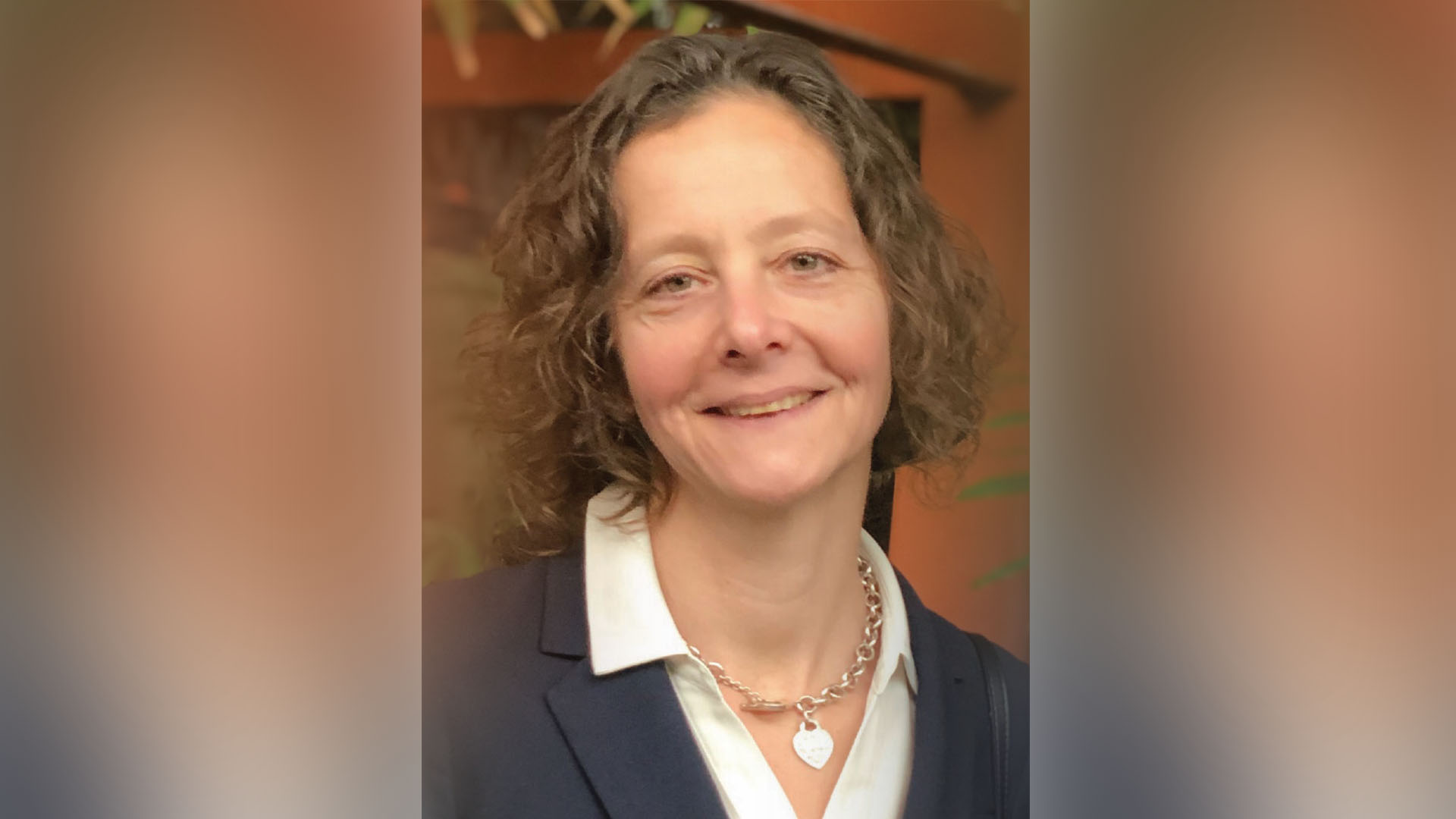Academic summer camp provides students an opportunity for collaboration
Tamara Vineberg - 27 May 2021

University of Alberta medical students Aaron Vander Leek and Shelby Henry gained a new appreciation for collaboration after participating in a summer camp last year. Anne Hicks, an assistant professor in the Department of Pediatrics, gave the pair an opportunity to work with over 20 others on an Alberta Health Services (AHS) COVID-19 research project.
Vander Leek and Henry are former graduate students and were happy to involve colleagues in their work. “When you're in grad school, you're very much in charge of everything —having to do your own project and take care of your manuscript. I didn't realize that ‘in the real world’ you can actually have a team that can help you do the whole project. I don't think one or two people could have completed what our larger group did together in such a short amount of time. It's just not possible,” says Henry.
Hicks is planning to organize another camp this summer, based on the success of last year. The camp’s origins resulted from the plight of two students who couldn’t shadow her in a clinic because of pandemic restrictions, but wanted experience with practical activities. She had five more students approach her, seeking projects to occupy them during the summer. Hicks responded by organizing weekly sessions with seasoned researchers and provided access to attend the discussion sessions for pediatric respirology. “As the summer evolved, we would get clinical and research experts to come and talk about what their job looks like. This is how the summer camp came about. Initially, it was a bit of an accident and then I thought, let's do this in a coordinated fashion,” says Hicks.
The AHS project surfaced unexpectedly. A call came out to pediatricians asking them to help write a Scientific Advisory Group rapid review about COVID-19 and children going back to school. “We were looking at the exposures, public health measures and how effectively they worked, and COVID-19 transmissions in children. The material developed every single day. We asked the summer student group for help because they said they were interested in volunteering and in doing more academic work,” explains Hicks.
A rapid review involves combing over scientific literature searches, news media sources, and publications from the World Health Organization, the Centres for Disease Control and Prevention, and the Government of Canada. “Our student group really pulled together and helped us. That was an opportunity for them to use and develop their academic skills. They received policy literature publication experience because they are all cited as authors on the result,” she says.
“As well, we received a letter of thanks from the Scientific Advisory Group that highly praised the students’ abilities, energy, enthusiasm, and significant contribution. The way the students interacted, pooling resources to highlight each person’s skills and availability, was inspirational and helped me set goals for how to promote this positive atmosphere in future projects.”
Participants in the summer camp included medical students, some with graduate studies backgrounds, and undergraduate students. They were based in Edmonton, Calgary and Fort McMurray and their majors ranged from kinesiology to health sciences.
“Medicine doesn't exist without teamwork. As a trainee, it's truly important to experience cooperating with individuals at all other levels and in various capacities. In medical school, you can surround yourself only with other medical students, and you don't have exposure to other different aspects of medicine. I felt that's something that Anne’s summer group highlighted quite strongly,” adds Henry.
“Within the medical profession, collaboration is most valuable because no one can be an expert in all subjects,” says Vander Leek.
Plans for this summer are underway. Hicks is working with a student funded by the Women and Children’s Health Research Institute, another student funded by the Alberta Respiratory Centre, and several volunteers. She is partnering with a clinical epidemiologist, Maria Ospina, who is providing the group with a systematic review “boot camp” to get this year’s projects rolling, and several pediatric colleagues at the University of Alberta have already signed on to provide insight into their clinical and research practices. They have a full complement of medical and undergraduate student participants who are already undertaking some new collaborative projects, including educational products for the World Health Organization, and Pan-American Health Organization through the Children’s Environmental Health Clinic. The camp’s focus will continue to be linking students with clinical and research learning opportunities in a positive and safe collegial learning space.